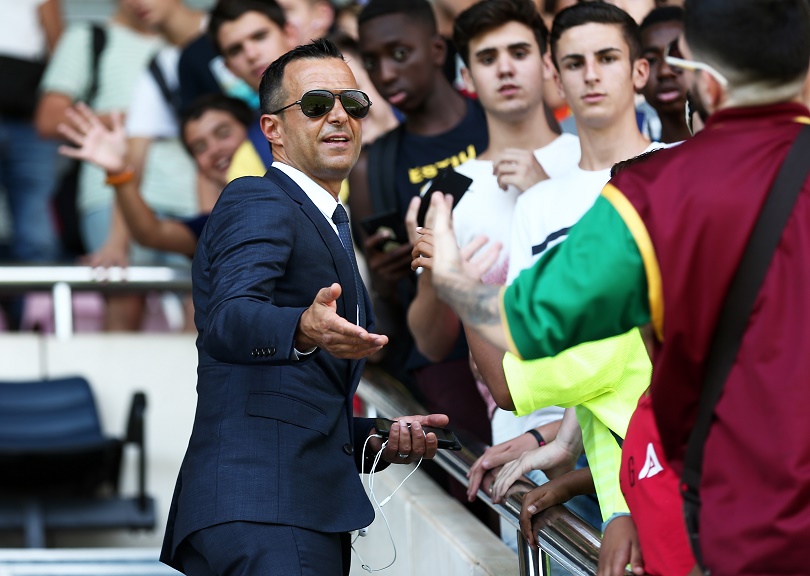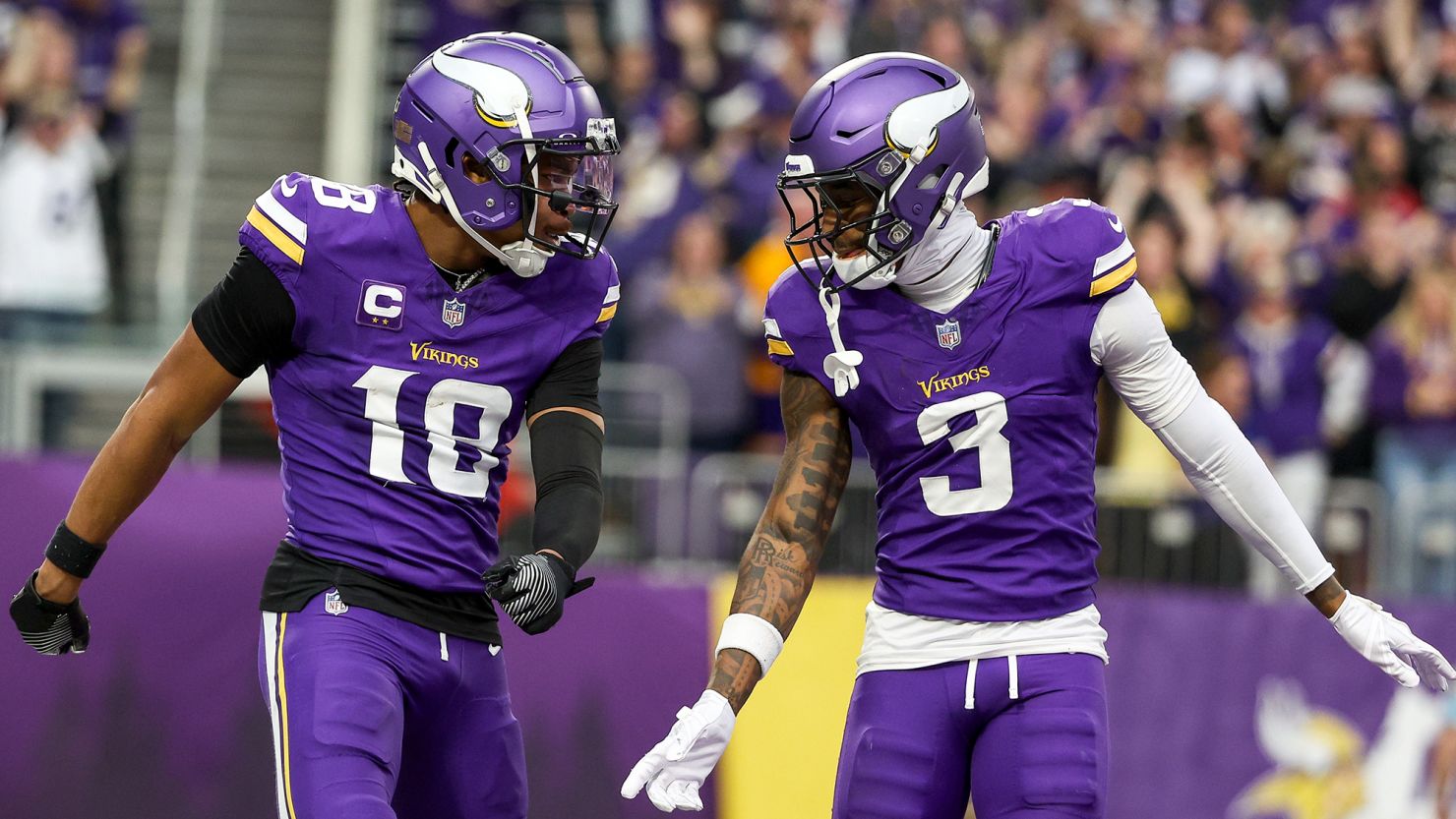Originally sourced from The Football Week
In today’s football ecosystem, a phrase has become increasingly common—echoed in WhatsApp messages, coffee shop meetings, and late-night calls:
“Bring me an offer from a club, and then we can work together.”
It sounds fair. But for agents—especially the next generation trying to break into the game—it’s a dangerous and often futile starting point. What seems like a logical request masks a deeper issue: the commodification of agency work without commitment or structure.
The Open Contest Era of Representation
Too often, this line doesn’t come from a player—but from their inner circle, typically a parent. It’s not unusual today to see “Family Member” listed under the Agent tab on Transfermarkt. That one label speaks volumes.
It’s now standard practice for players—particularly in emerging markets or at youth levels—to be unofficially represented by a relative. These relatives often act as decision-makers, yet without experience, licensing, or a true understanding of football’s commercial landscape.
Multiple agents are engaged in parallel—none contracted, none secure. Whoever brings the best deal first gets the seat at the table. Everyone else gets silence.
Why This Model Fails Everyone
Agents are not clubs. They don’t issue contracts—they create the conditions for them.
Clubs want clarity. When they receive the same player pitch from five different agents, alarm bells ring. It feels disorganized. It feels desperate. And worst of all, it devalues the player.
Even if an agent does succeed—delivers interest, negotiates an offer—there’s still no guarantee of reward. In the absence of a signed representation agreement, families can walk away. Use the offer elsewhere. Pass it to another agent. Or even go direct to the club.
And when the club asks the agent, “Do you have a signed mandate?”—and the answer is no—talks often end right there.
Verbal Trust ≠ Professional Structure
In football, relationships begin with trust—but they are built on contracts.
Without a signature, there is no security. No structure. No incentive to protect the agent’s time or effort. Even worse, it turns serious agents into speculative middlemen.
Trust may open the door—but a written agreement is what keeps you in the room.
Smarter Strategies for Modern Agents
Rather than chasing players looking for offers without commitment, agents would do better to:
- Invest in committed clients: Build long-term plans, not quick wins.
- Sign players ready for structure: Avoid those testing the market.
- Collaborate with trusted intermediaries: Expand networks through partnerships.
- Strengthen club relationships: The foundation of serious deals.
Ultimately, the agent’s true value lies in career strategy, not just transactions.
Final Word: Representation Must Be Earned, Not Auctioned
Players and families must understand—true representation isn’t about who shows up with the fastest offer. It’s about alignment, integrity, and shared ambition.
For agents, the lesson is clear: know your value. Protect your time. And never enter a game where the rules are stacked against you.
Because being an agent today is not just about making deals. It’s about building futures—and that always starts with clarity, respect, and a signature.


